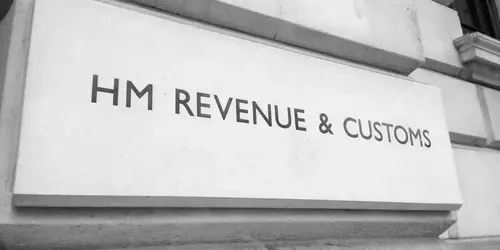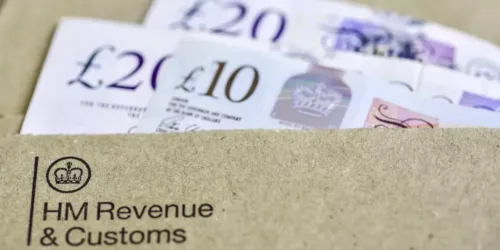PPI Tax Rebate: The Ultimate Guide
- Why there’s another type of PPI claim
- How you can claim a PPI tax rebate
- Amounts available and the deadline
It was a while ago, but back in April 2016, the personal savings allowance was introduced. This has allowed people to earn up to £1,000 a year tax-free in interest. As a consequence, this also meant that historic PPI payouts, which had 20% taxed on them in the first place, were eligible for repayment. A PPI tax rebate will only happen if you apply for it though.
This article will explain everything to do with making a PPI tax rebate. From why it’s possible to claim a PPI refund in tax and how much you could be entitled to. It will also detail the process you have to go through and how much you might receive. Ultimately, this needs to be done before the deadline, or you’ll end up missing out. It was your money in the first place, so why would you not claim?
Ready to start your PPI tax refund? Use our eligibility checker to see if you qualify. It only takes a minute.

What's On This Page?
Click the links below and head straight to a specific section of the article.
What Is PPI Tax and Why Was It Taken?
In the eyes of HMRC, any interest you earn is taxable, which includes the statutory interest paid on PPI claims. When anyone made a PPI claim and received a payout, this was awarded 8% statutory interest for each year the PPI was in effect.
If you break it down, a PPI payout comprises three elements: the money paid towards it; interest on any loans to cover it; and statutory interest.
If your lender didn’t make you take out an additional loan to help pay for it, then the second element won’t apply to you. It’s only the last element that is taxable. Most lenders automatically deducted 20% from it before they gave you the lump sum, even if you didn’t pay tax. Depending on your tax threshold, you may be owed tax back on PPI payouts.
When it comes to a PPI tax rebate, what you’re claiming on is this tax that was taken on the statutory interest. Because you are only able to earn a certain amount in interest on an annual basis before you get taxed on it, you have an opportunity to get it back.
Why Can I Claim a PPI Tax Rebate?
The Personal Savings Allowance
In 2016, the personal savings allowance was launched. This has allowed taxpayers to earn up to £1,000 a year in interest without it being taxed. However, it depends on your income as to how much you can earn. This is linked to how much you can receive for your PPI tax rebate.
Basic 20% rate taxpayers can earn the maximum £1,000 in interest a year without being taxed on it. Anything over this is subject to 20%. This refers to anyone who earns between £12,570 and £50,270.
Higher 40% rate taxpayers are able to earn £500 in interest annually without being taxed on it. Anything above this will be taxed at 40%. High taxpayers earn between £50,270 and £150,000.
If you earn more than this, you’re a top rate taxpayer and you won’t be able to claim a PPI tax rebate. This is because you wouldn’t have missed out.
Automatic Deductions
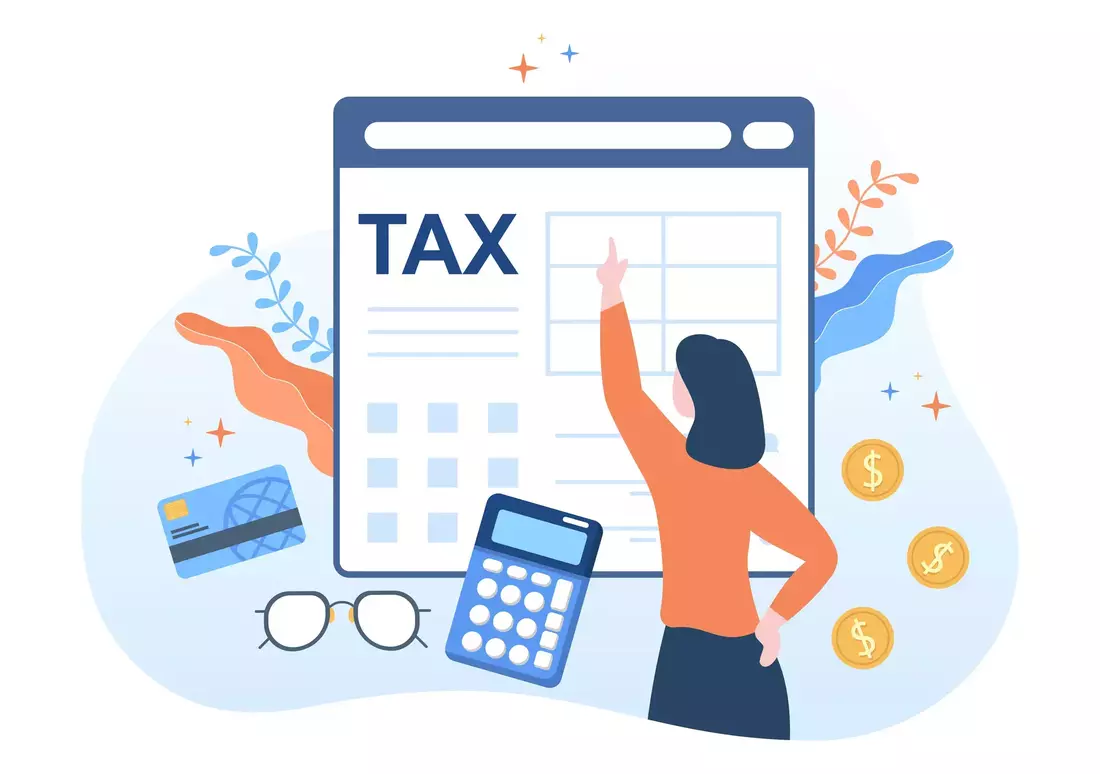
Even though the personal savings allowance was in effect, companies who paid out to claimants for their PPI claim still deducted 20% tax from the interest. This means that you were missing out on money that you were still entitled to; your money. A PPI tax rebate is a way of making sure you get this back.
You can see how much tax was taken by looking at your Final Response Letter (FRL), which you should have received from your bank or lender. If you don’t have a copy of this, it can make the process much more difficult to do alone.
How Much Am I Entitled To?
There are a few factors that will influence how much you’ll receive for PPI tax refunds, including how much interest you earned, how long your insurance was for, and how much you earn. It’s also important to understand that PPI was taxed the year it was paid. If you took out a policy in 2004 and didn’t receive the payout until 2016, the tax regime in the later year applied.
Interest Accrued
The amount you can claim for your PPI tax rebate varies. It depends on the total of savings interest (tax-free) that you accrued in the years you’re eligible. If you used up all of your allowance, then you won’t be able to claim anything, but this will be different amounts for different people.
As historic interest rates have been relatively low, there is a high chance that you didn’t use up your full personal savings allowance. This means you can effectively maximise how much you receive for your PPI tax rebate.
Length of PPI
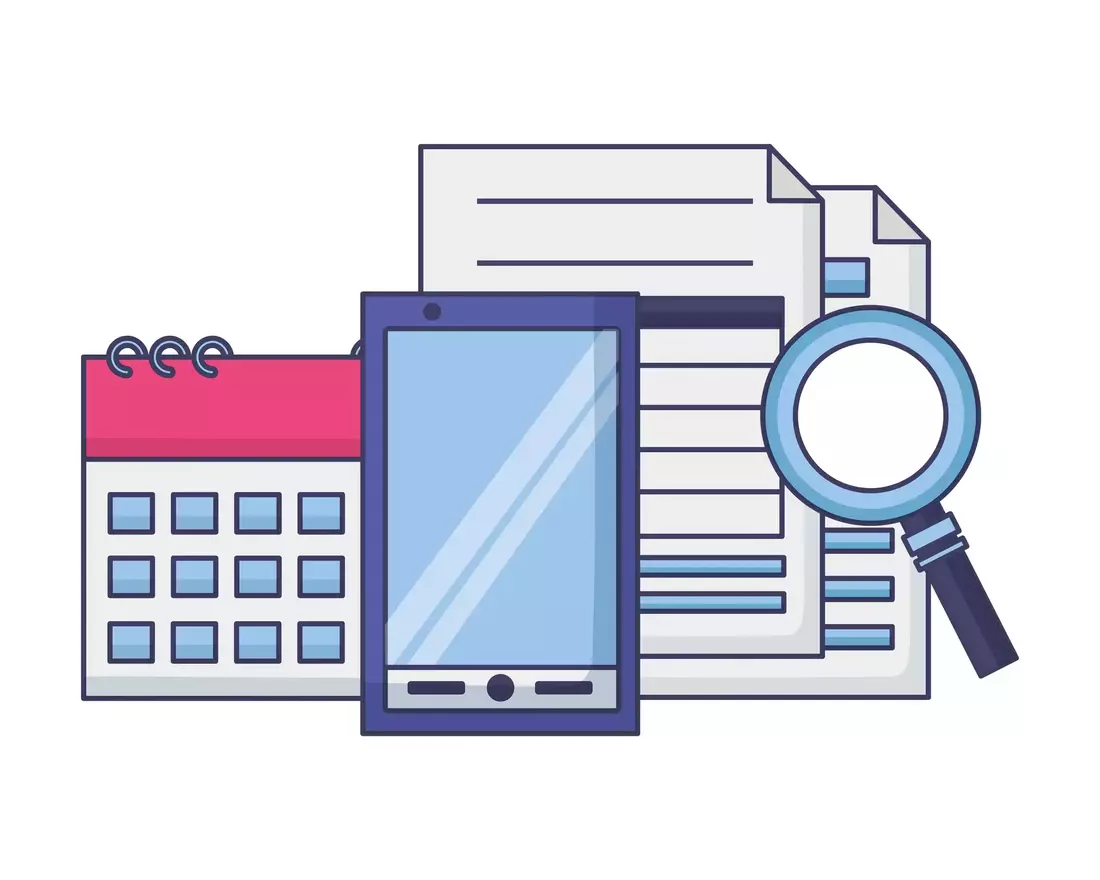
The longer you were paying for PPI, the more interest that you were awarded in your claim. Statutory interest is applied at 8% for every year that you were paying, and 20% was then taxed on this amount. You can be awarded a much larger PPI tax rebate if your insurance was paid over the course of a decade, for example.
Households on a Low Income
If you’re on a low income, you have special dispensation when it comes to earning interest tax-free. If you earn between £12,571 and £17,570, you are then eligible for a separate personal savings allowance of £5,000, as well as the £1,000 available to basic rate taxpayers.
Known as the starter rate of savings, this also allows you to receive more of a PPI tax rebate. The £5,000 yearly allowance is reduced by £1 for every £1 of income you receive over the personal allowance, up to the threshold of £17,570.
For Anyone Who Doesn’t Pay Income Tax
If you don’t pay income tax, you are eligible for the £5,000 start rate of savings. This means that if you had a PPI payout, you should have received all of the statutory interest tax-free. By claiming a PPI tax rebate, you should be able to claim all of this back, since you didn’t make use of all of your tax-free interest.
PPI Tax Rebate Time Frame
As this is a tax claim, it means you can only backdate it by four years. This currently means that the furthest back you can currently claim is 6th April 2020. Any subsequent tax year will push this date further by a whole year.
In terms of how long the claim takes, it’s usually a case of 5–12 weeks from the date your PPI tax rebate was submitted. HMRC has warned of a backlog of claims that need to be resubmitted if proof of PPI payout wasn’t originally included in the documentation.
Deadline to Reclaim Tax
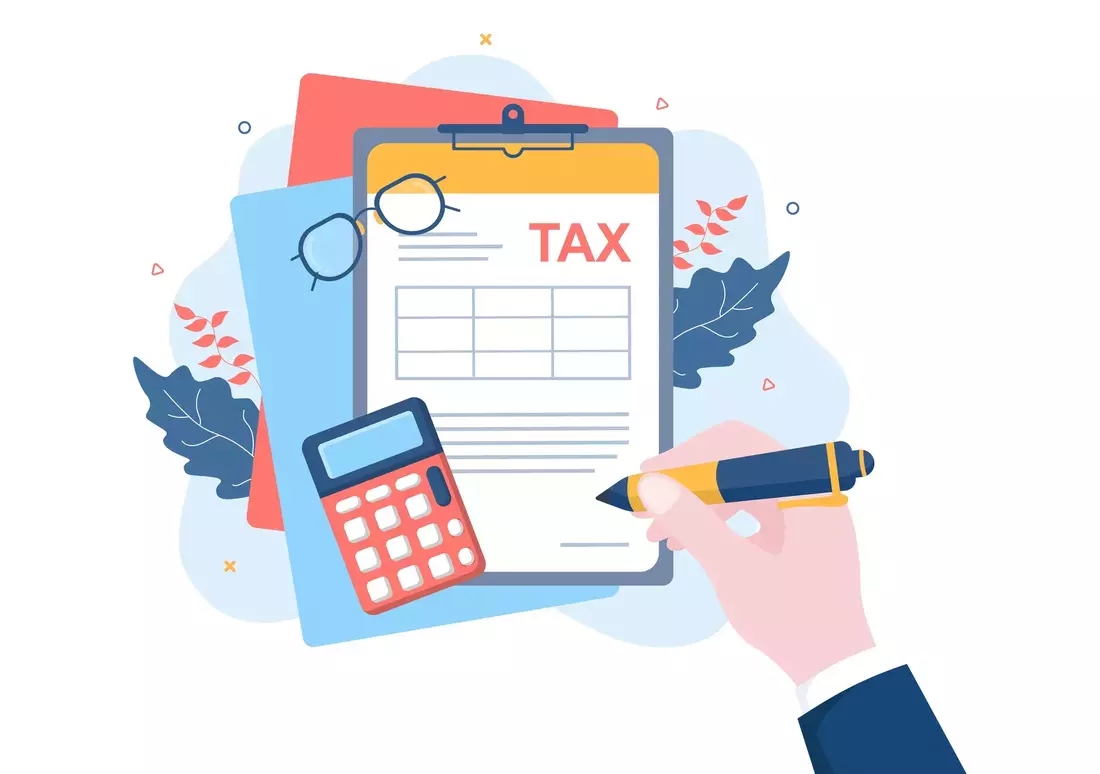
Being owed tax back on PPI payouts doesn’t mean that you’ll qualify indefinitely. There are certain limitations to do with dates and financial years.
August 2019 Cutoff Point
The deadline to make a PPI claim was 29th August 2019. As this is now over four tax years ago, this means that anyone who made a claim before this date had until 5th April 2024 to claim a PPI tax rebate. Now that we're in the 2024/2025 financial year, it's no longer possible for these people to claim this money back.
Claims After 2019
Despite the deadline to claim PPI, this only applied to companies that were still trading. It has still been possible to claim from the Financial Services Compensation Scheme (FCSC) past the 2019 cutoff point, but only for firms that are no longer operating.
If you submitted a claim after 29th August 2019, you will be able to claim a PPI tax rebate. This will only be permissible as long as the date of the payout was within the last four financial years, so your deadline will be a little longer than everyone else’s. This means that more people will be able to claim tax on a PPI refund.
How to Claim PPI Tax Back
When it comes to submitting a claim for a PPI tax rebate, you have a few options. You may be able to start the claim yourself through HMRC, but this depends if it will be processed in time.
If you need a quick response, or help finding documentation, a claims management company could work in your favour. These companies have a team of legal experts who specialise in making claims for a PPI tax rebate.
Use a Claims Management Company
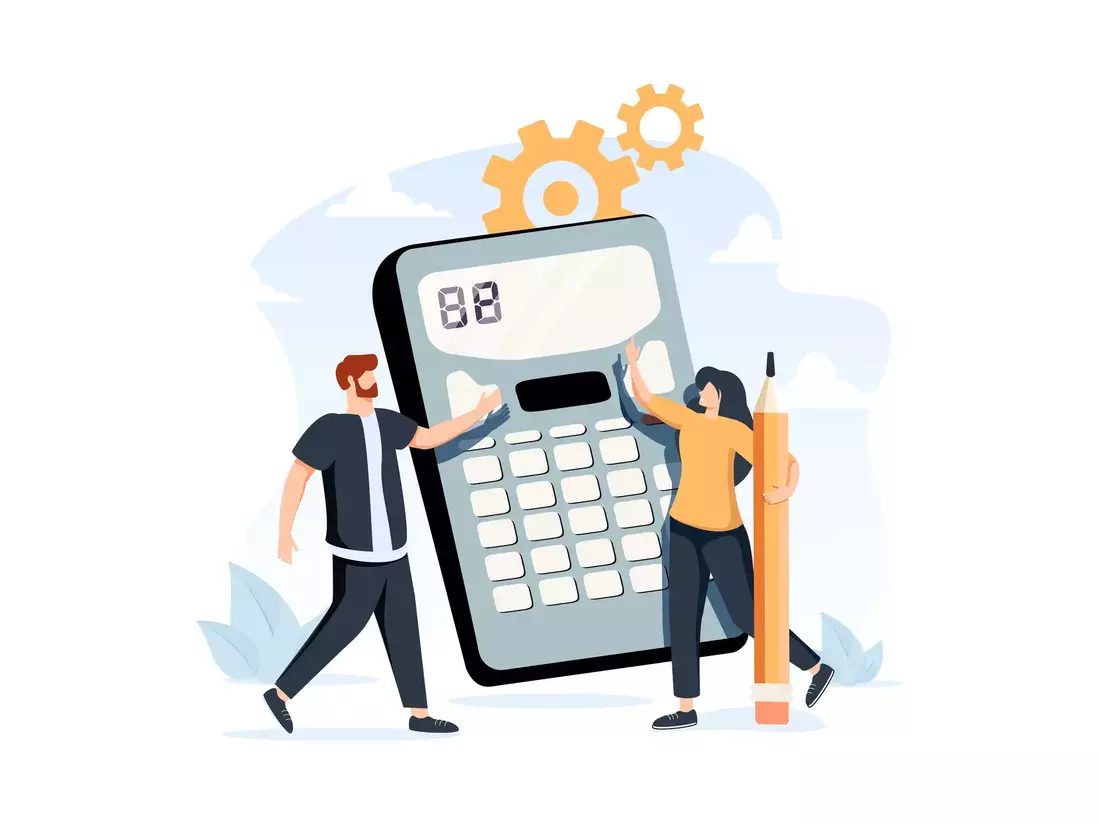
Working for you, so you don’t have to root around for paperwork or liaise with various companies yourself, a claims management company (CMC) comes with many benefits. You can use a CMC for a PPI tax rebate because they deal with HMRC on a regular basis, so know exactly what they’re after to process your claim.
They also have a team of legal experts who do the legwork for you. If you don’t have the paperwork anymore, they can chase it. If you can’t fill in the paperwork properly, they certainly can. When it comes to ensuring your PPI tax rebate comes through before the deadline, a CMC works to your advantage.
Top reasons to use a CMC to process your PPI tax rebate:
Quick and efficient
Professional
Liaise with HMRC for you
Can locate paperwork you may no longer have
Contact HMRC
Alternatively, you can submit your claim to HMRC yourself. This just needs all the relevant information beforehand. If your PPI tax rebate isn’t complete, your form will be sent back and you will need to resubmit it. This could mean you end up missing out.
The only way to claim a PPI tax rebate from HMRC yourself is to submit an R40 form. This can either be completed online or printed and posted. If you need help with the R40 form, here are some tips:
Don’t neglect to add your name and address to the form. You will also need to put the financial year you were awarded your refund of the PPI
The box for “agent” is for the name of your accountant. If you don’t have one, leave this blank
Box 1 contains your personal details, including your National Insurance number. If these are wrong, your PPI tax rebate can be rejected early on
Box 2 is where you inform HMRC about your income, which confirms what level of tax you paid (if any)
Your taxpaying history can be found on a previous P45 or P60
Box 3 is for earned interest. This is the most important part of the PPI tax rebate as it informs HMRC how much statutory interest you received on your payout and any other other savings
Box 3.2 signals the tax deducted from the statutory interest from your PPI settlement
If you had several payouts in different financial years, you can still claim back tax on PPI refunds. You will just have to fill in a separate R40 for each year you had a payout.
Speed Up Your PPI Tax Rebate
While you can contact HMRC and submit your claim yourself, there is a chance you will be too late or that you’ll have missed something. Otherwise, you could make a quick PPI tax rebate claim through a CMC.
Beat the deadline by clicking on the button below to start your PPI tax refund journey.







